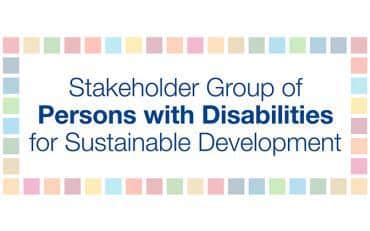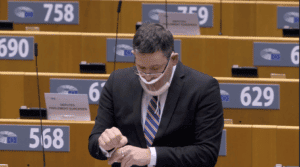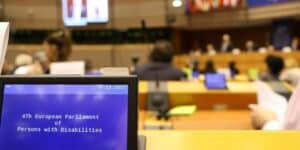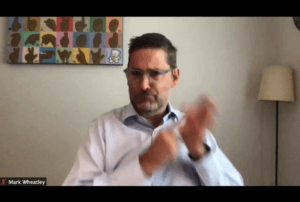27 d.th of March, Stakeholder Group of Persons with Disabilities for Sustainable Development, the focal point for UNDESA, ECOSOC and the GA for all UN Sustainable Development policies, hosted a webinar which focused on country experiences collecting disability data.
Dr. Ola Abu Alghaib, Global Director at the charity Leonard Cheshire, highlighted that disaggregated data by disability exists and is available, but it is limited, contains gaps and doesn’t identify key issues faced by persons with disabilities.
During the webinar the Washington Group (WG) Short Set of questions was presented. WG Short Set of questions is designed to identify (in a census or survey format) people with a disability. Presenters highlighted that due to the complexity of disability, the questions in the short set are not designed to measure all aspects of difficulty in functioning that people experience, but identifies people at greater risk than the general population for participation restrictions due to the presence of difficulties in six core functional domains, if appropriate accommodations are not made. Manfred Mörchen, Medical Director and the Fellow of the European Board of Ophtalmology, and Olmedo Zambrano, Regional CBR advisor from CBM explained in detail how the Washington group of questions was successfully applied in practice in an eye hospital in Paraguay. The presenters highlighted that the Washington Group (WG) Short Set of questions can be a feasible tool of data collection.
EUD will explore options how to use the Washington Group (WG) Short Set of questions on the national level as a tool to collect disaggregated data by disability type. Disaggregating data by disability type is extremely important as it would allow to measure the levels of implementation of the United Nations Convention on the Rights of Persons with Disabilities, Sustainable Development Goals and other commitments to certain groups of people with different disabilities. Available quality data disaggregated by disability type would also make sure that resources are spent on the areas in which actions are needed.













